Recognised Education Law Specialists
We have been providing full service legal advice to education institutions since 1900 and now act for over 100 further and higher education institutions. With a long-standing involvement in and commitment to the education law sector, our team have extensive experience across all legal issues that affect the sector, guiding and supporting our clients through challenges and opportunities.
Working with universities, colleges, independent and alternative providers, academies, and schools, our full-service team can advise on any legal issue that an education institution may have. This includes regulatory and policy work, employment issues, student matters, governance and constitutional questions, partnerships and collaboration, disputes, large-scale capital projects, and estates master planning.
We are fully immersed in the sector, with a number of specialists working exclusively with our education clients. Combining the breadth of our expertise with the breadth of our client base, our team of specialist lawyers are in a position to advise clients every step of the way.
Led by Smita Jamdar, our education experts are able to tailor a service offering to fit your needs.
“It’s a joy to work in a firm committed to making a positive difference to a sector that is vital to the nation.”
How Our Education Law Experts Can Help
Higher Education
In a highly regulated and politicised sector, we can truly offer full-service advice. We have built a high profile in the Higher Education sector, working closely with sector bodies on key sector issues and being actively involved in helping to shape the “universities of the future”.
Academies
Each school and group of schools have their own culture and ethos, and we work with you to get to know your institution and to support you in achieving your aims.
Further Education
With industry leading experience in the further education sector, our multi-disciplinary team of experts offers you straight forward market-leading advice to deal with a wide range of matters that affect colleges.
Independent Schools
With industry leading experience in the education sector, our multi-disciplinary team of experts work as trusted advisors to help you succeed.
Our Education Law Experts
 David Browne
David Browne
David Browne
Partner & Head of Employment LawPartner & Head of Employment Law Law
Why Choose Us?
We have a highly experienced team with a number of specialists who work exclusively with our education clients. Also, our values of ‘unlocking potential’ and ACTBrave resonate with those in the sector
Our Green Campus initiative, which combines our education and energy expertise to support education institutions achieve their sustainable goals
Our involvement in helping to shape the ‘university of the future’ with activities that directly influence government policy and sector strategy, e.g. supporting the Student Futures Commission
Our Education Law experts are here to answer any questions you might have
If you’d like to speak to a member of our team, please fill out the enquiry form. We will aim to reply to your query within 2 hours
Need to talk to someone sooner? You can call use at the number below
















